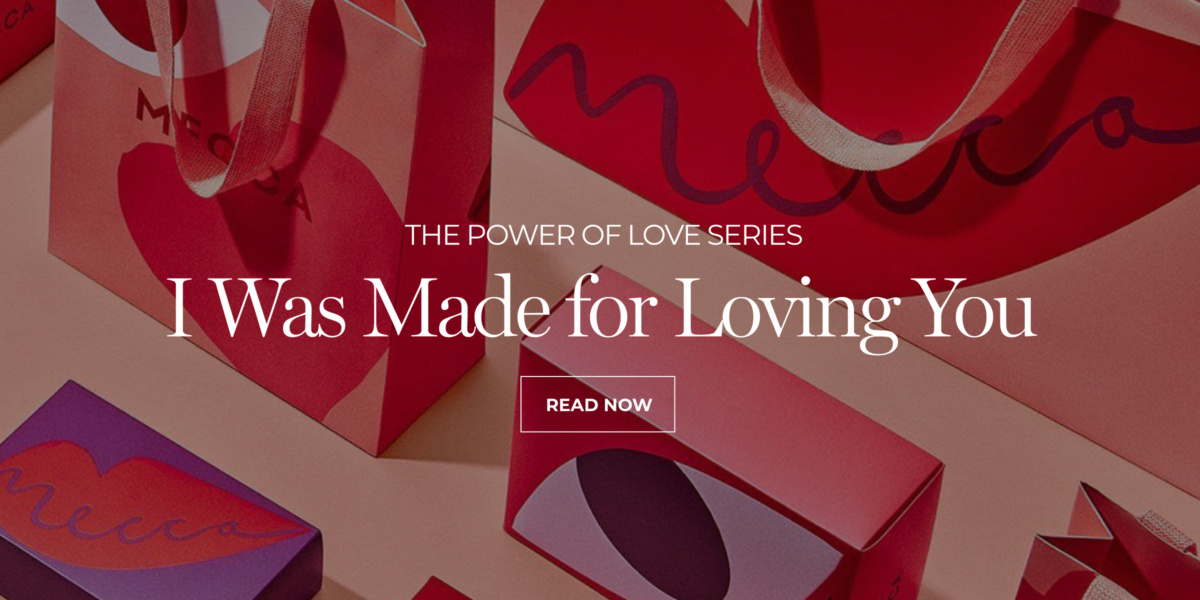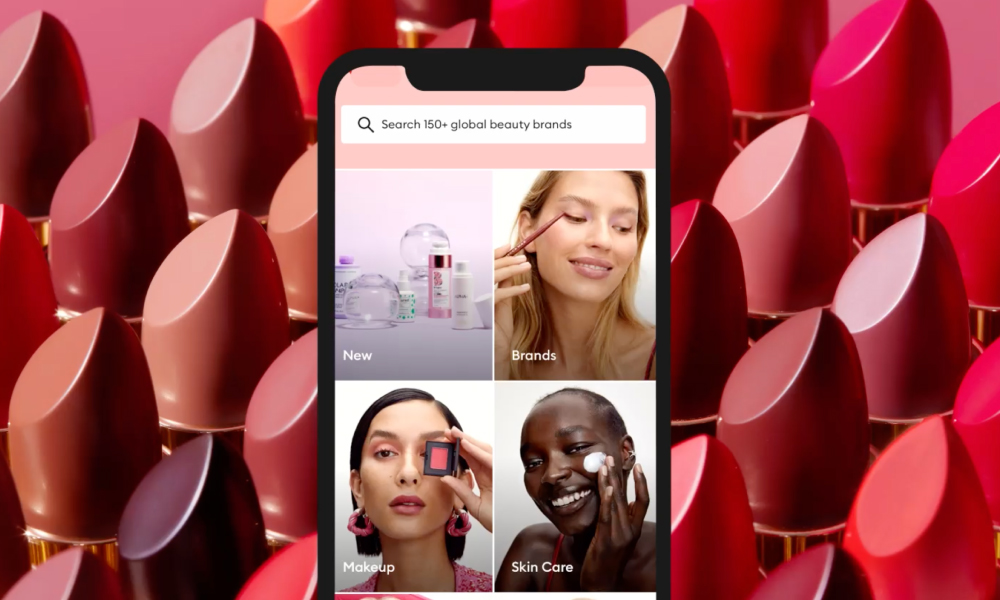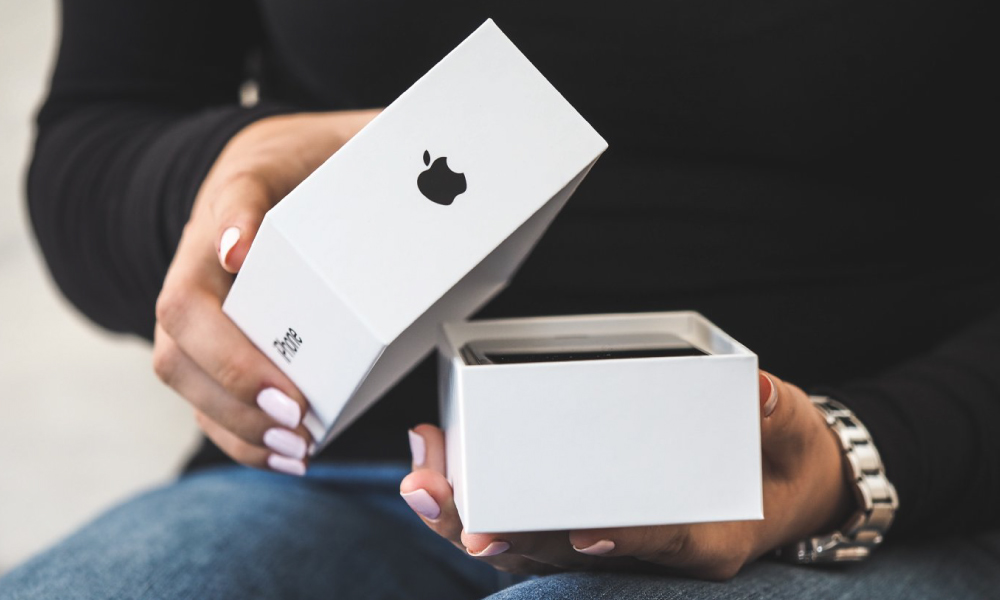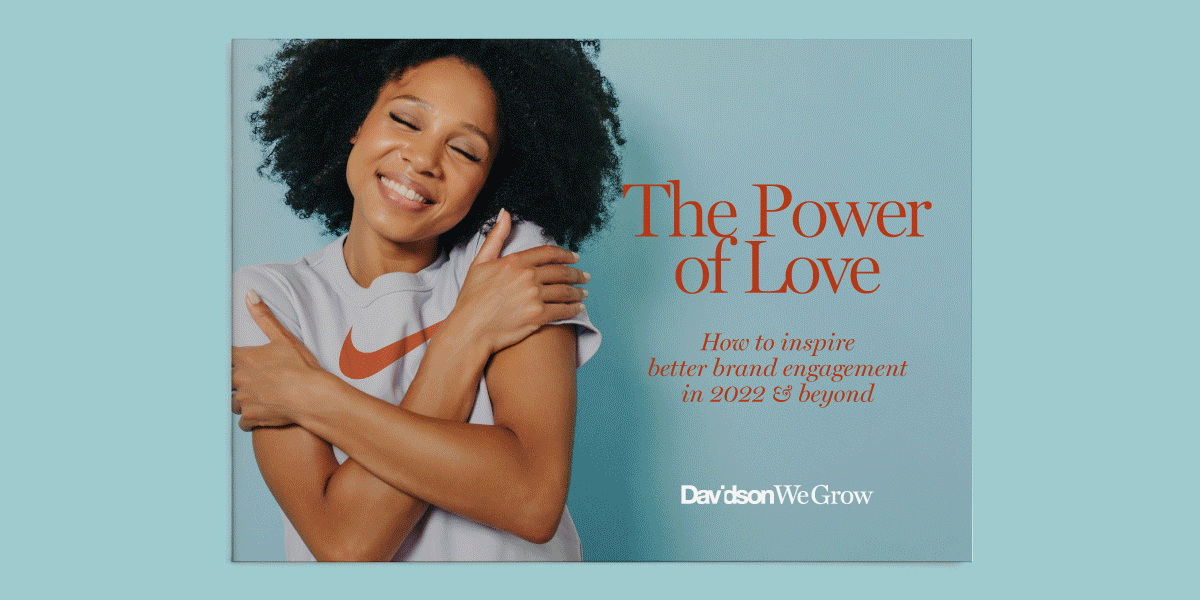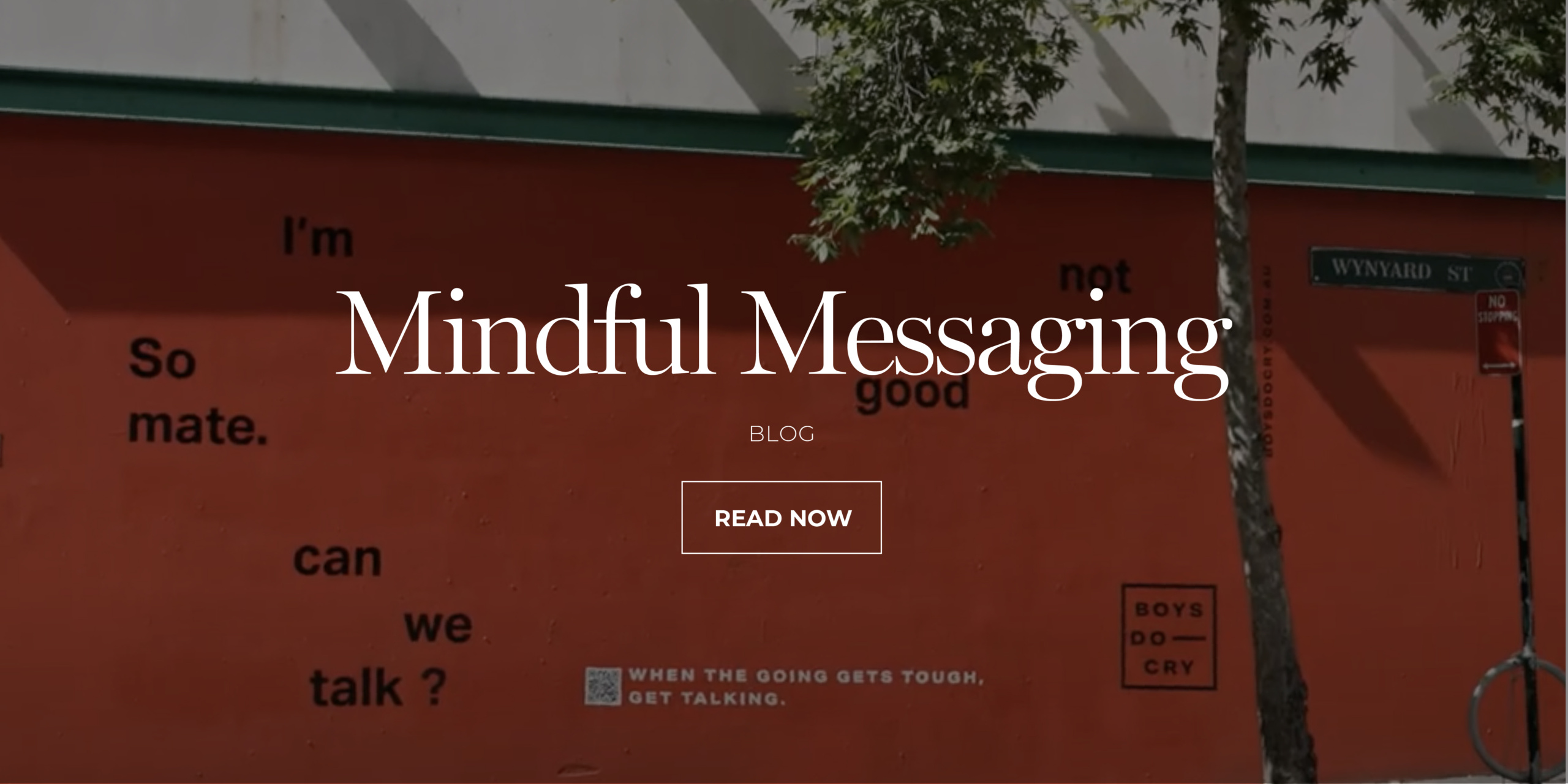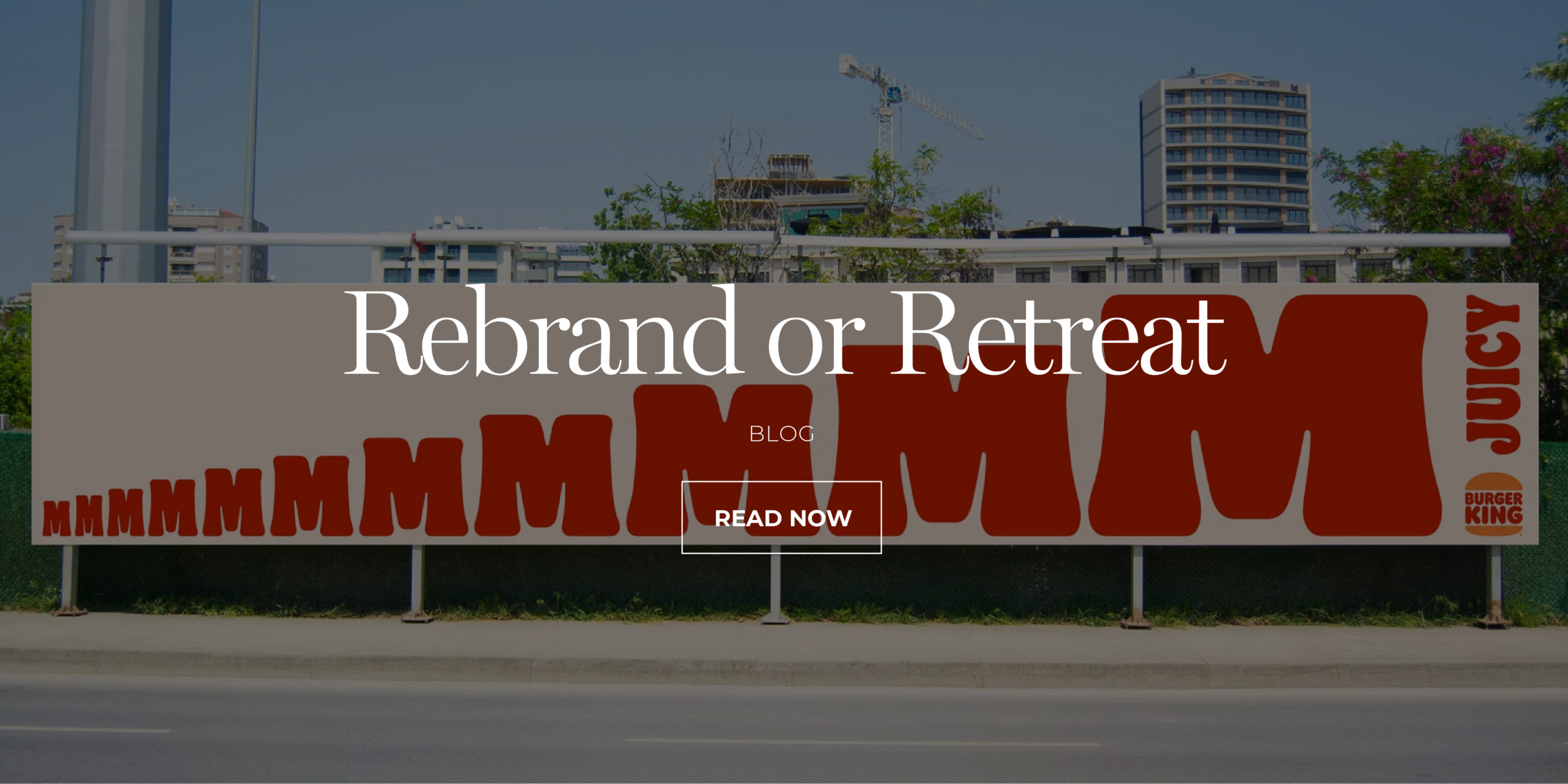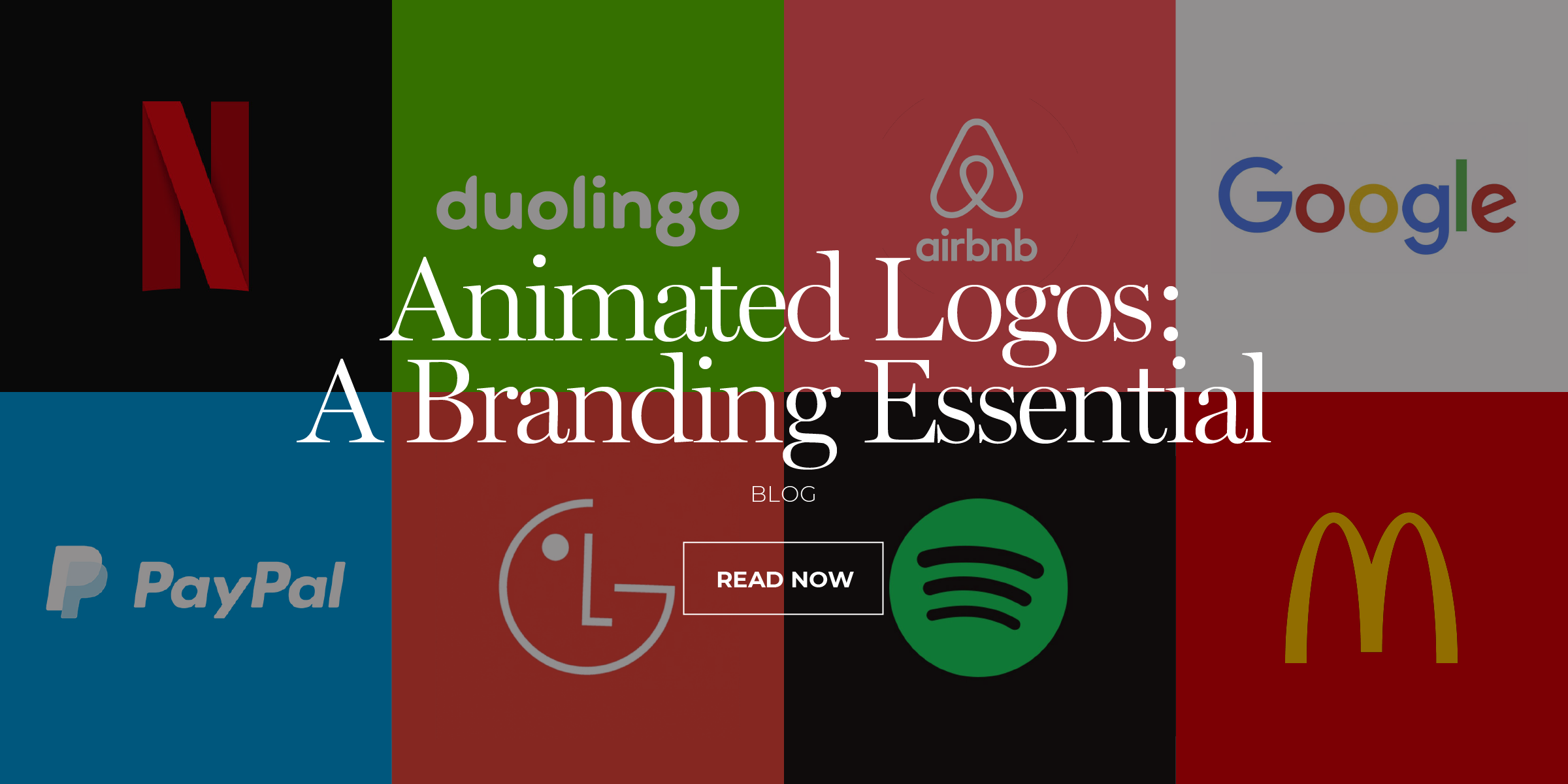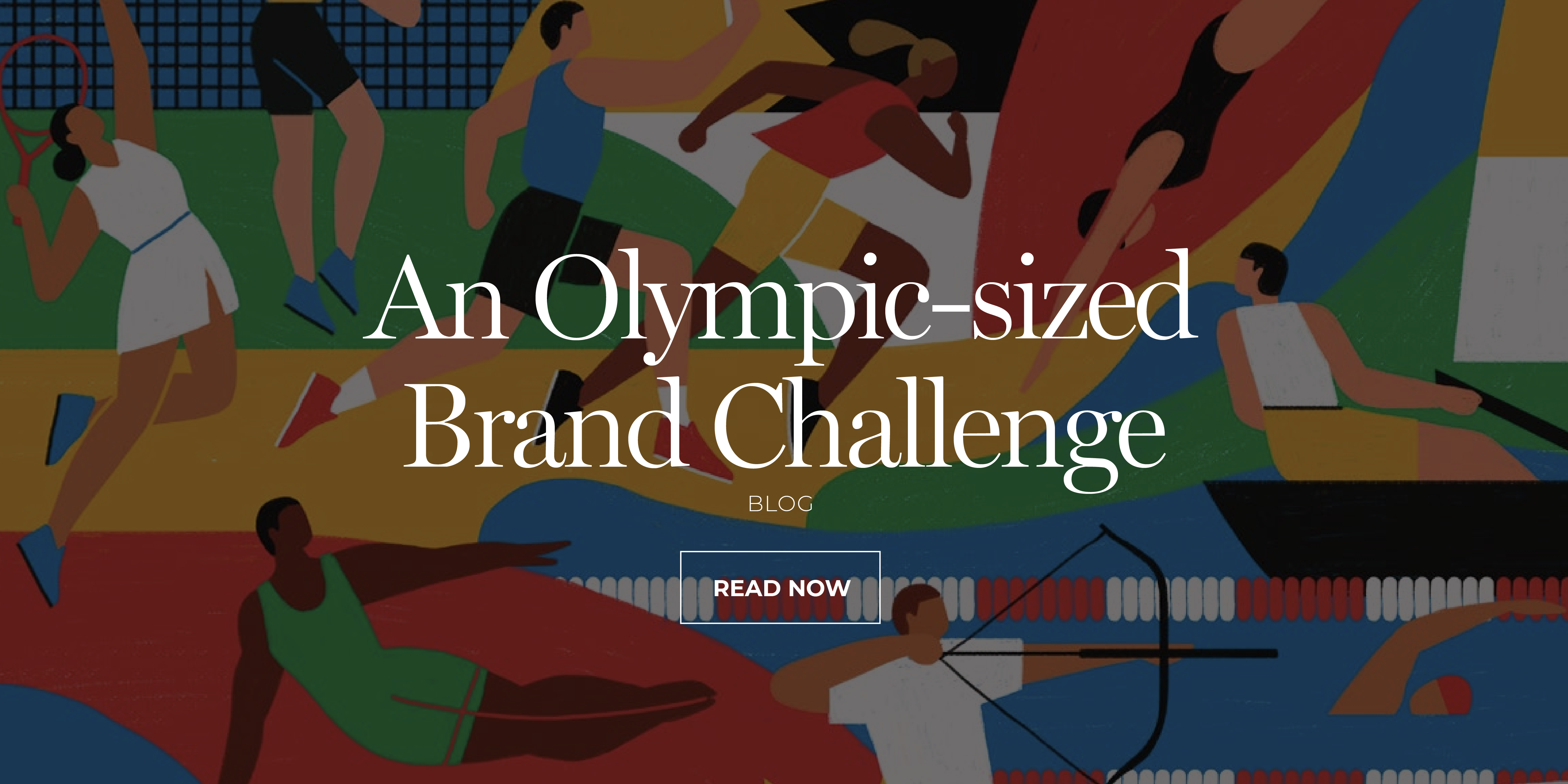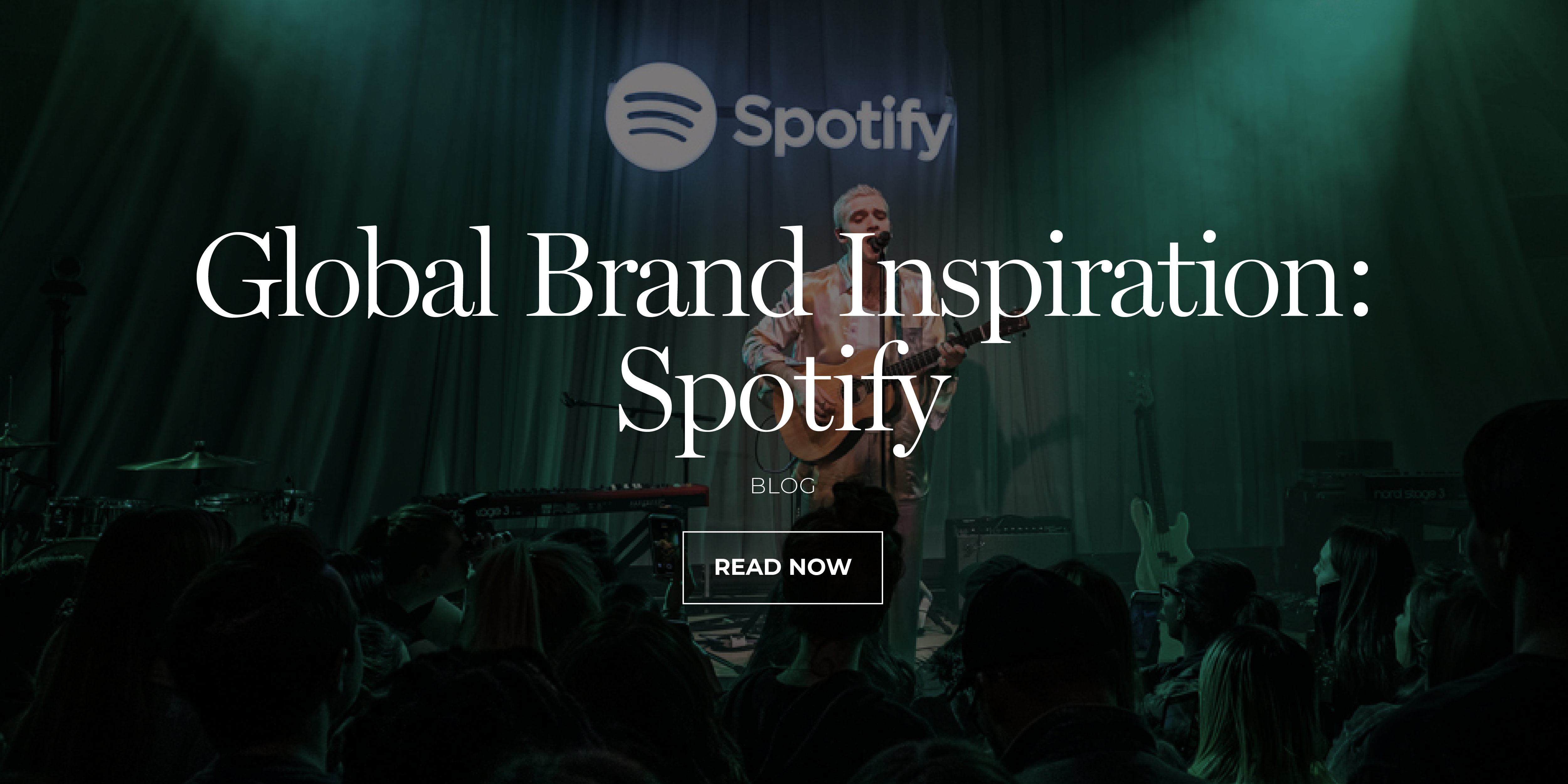The Lover-Like Relationship
Mecca holds around 10% of Australia’s $4.2 billion beauty market and around 25% of the prestige beauty sector. There is no doubt that tens of thousands of customers would admit to loving the brand and feeling a deep sense of personal engagement with it.
Right from its launch over 25 years ago, Mecca sought to establish a unique brand proposition that it manifests through all aspects of it’s the products it stocks, the channels it uses, and the nature and style of its communications.
When Mecca first started, premium cosmetics were mainly sold via branded counters in department stores that were staffed by a brand representative. In contrast, Mecca opened a beauty shop that stocked seven nascent brands and staffed it with trained consultants who were free to recommend whatever best suited the customer. This supported a unique and personalised brand/ customer relationship.
Mecca has continued to innovate its store experience with a wide range of events and innovations including digital screens, interactive displays, and selfie studios. Recognising that the personal experience in-store was central to its brand proposition, within 24 hours of the first major pandemic lockdown, Mecca launched online consultations, and within a month had grown online sales from 15% to 80%.
A recent example of how Mecca has continued to leverage personalisation was its deployment of a more sophisticated approach to personalised email marketing that increased email click-through rates by 65% and email revenue by 76.4%.
Mecca has also supported customers to interact with each other and thus create a more networked form of brand relationship. For example, its Facebook Group, Mecca Chitchat encourage interaction between customers and within six months has grown organically to more than 20,000 members.
Mecca Talks, a monthly podcast hosted by Mecca chief marketing officer Kate Blythe and Mecca head of content Zara Wong, addresses beauty and skincare business founders and entrepreneurs as well as experts and customers who have a deep interest in beauty. Kate Blythe describes the podcast as “A modern way to market is to story tell. And to story-tell with a brand magic at its heart and one of the things that we’re doing with the podcast is really give our customers and listeners another way to engage with the brand that will hopefully give them that layer of education and insight that they love from going into store and talking to the staff in store.”
Apple
Getting it Right (Most of the time)
Apple is the seminal example of brand love.
It meet all of the criteria:
-
- Exceptional brand loyalty in the face of multiple powerful direct competitors
- Consumers pay a significant price premium for its products
- The extent of word-of-mouth recommendation is remarkable
- Consumers have been willing to “forgive” some “mistakes” made by the brand.
The Lover-like engagement that Apple enjoys with many of its customers derives from the intensity with which it delivers on the key brand engagement attributes of:
Brand Satisfaction:
From various unique functional aspects of Apple products, including its operating system.
Brand Pleasure:
Has extended so that even unboxing becomes a pleasurable experience.
Brand Fit:
The brand name of Apple was famously chosen for sounding “fun, spirited and not intimidating.”
Personal Experience:
Most owners use their Apple devices multiple times a day.
THE POWER OF LOVE REPORT
